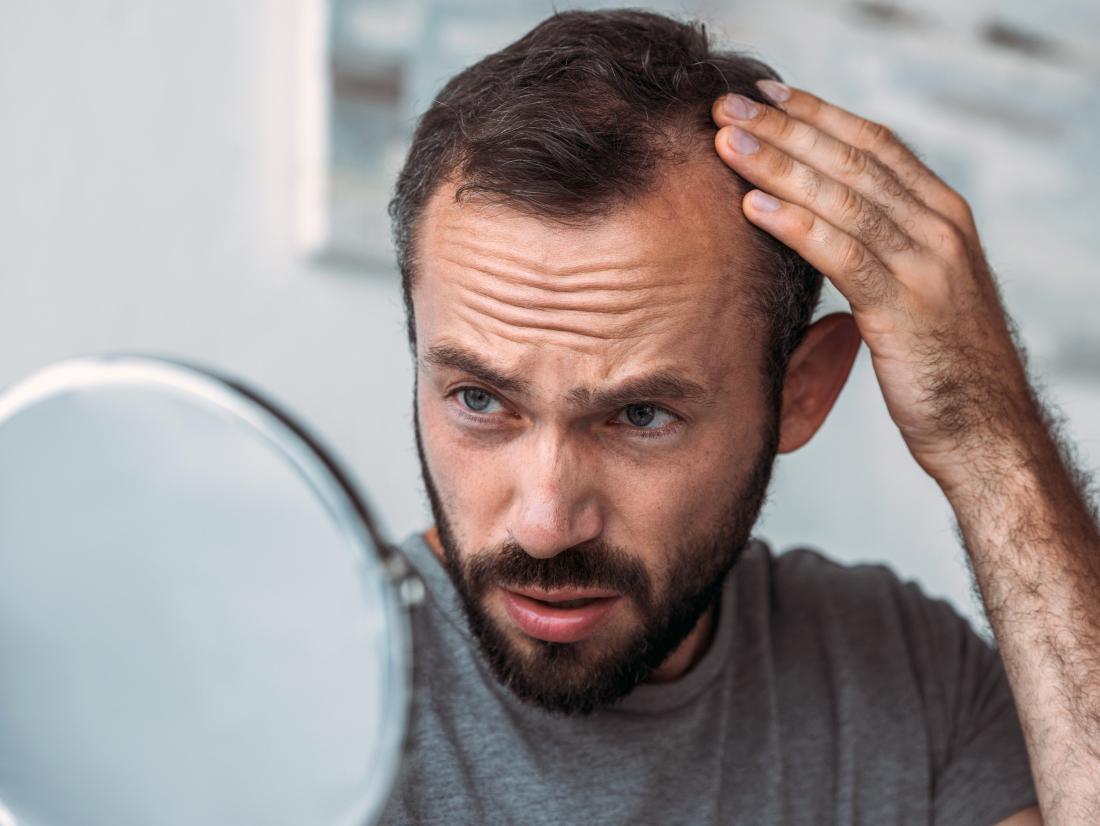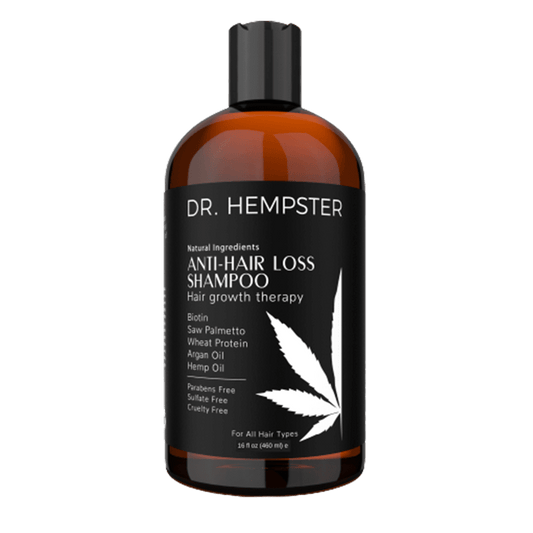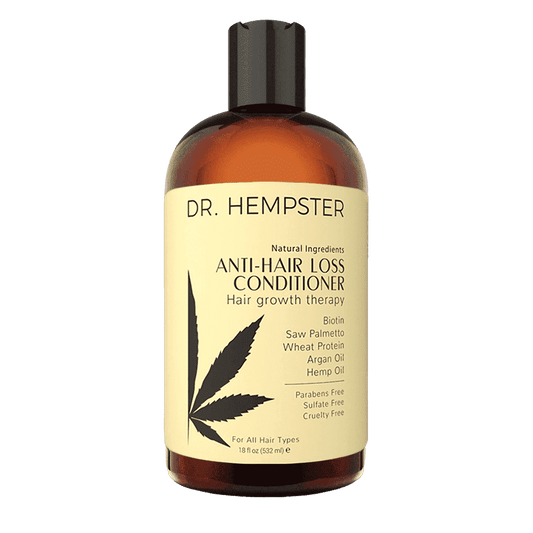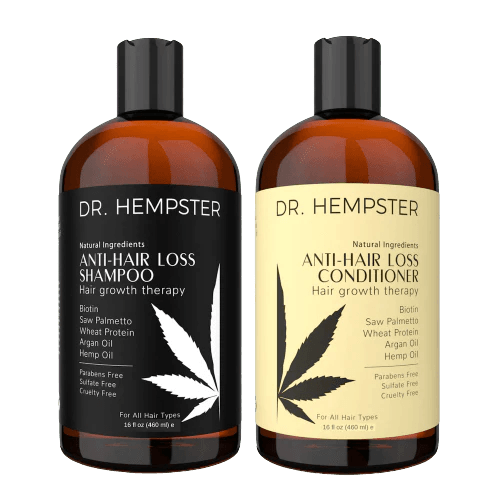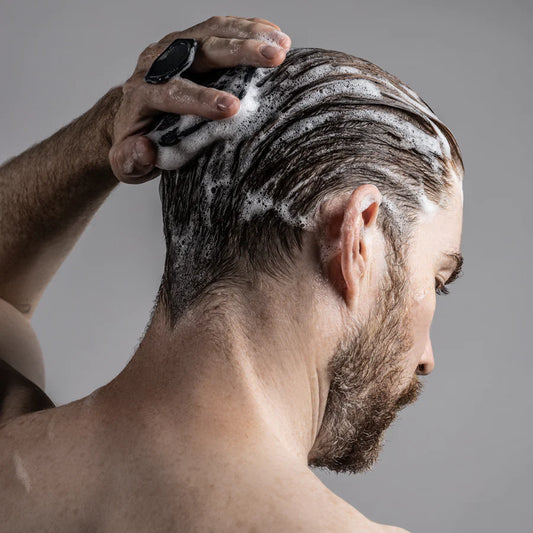Hair loss is a common concern among both men and women. While there are many factors that can contribute to hair loss, stress and anxiety are known to be major contributors. When we experience stress, our bodies release hormones such as cortisol, which can impact our hair growth cycle and lead to hair loss. In this blog post, we’ll explore the relationship between stress, anxiety, and hair loss, and provide some tips for managing stress to improve hair health. We'll also discuss how hemp oil and biotin, two natural ingredients found in Dr. Hempster's hair loss conditioner and shampoo, can help improve hair health and reduce hair loss.
Understanding the Relationship between Stress and Hair Loss
Hair growth is a complex process that involves a number of factors, including genetics, hormones, and environmental factors. When we experience stress, our bodies release hormones like cortisol, which can interfere with the hair growth cycle. Specifically, stress can cause hair to enter the telogen phase, which is the resting phase of the hair growth cycle. When this happens, hair can fall out more easily and new hair may not grow in as quickly.
In addition to cortisol, stress can also impact our overall health and wellbeing, which can have an impact on our hair health. For example, stress can cause us to have poor sleep quality, which can impact our body’s ability to repair and regenerate cells, including those responsible for hair growth. Stress can also impact our immune system, which can increase inflammation in the body and impact hair health.
Tips for Managing Stress to Improve Hair Health
While we can’t always avoid stress, there are a number of things we can do to manage it and improve our hair health. Here are a few tips:
-
Practice Mindfulness: Mindfulness is a technique that involves focusing on the present moment and being aware of our thoughts and feelings. Practicing mindfulness can help reduce stress and anxiety, which can improve hair health. There are many mindfulness techniques you can try, including meditation, deep breathing, and yoga.
-
Get Regular Exercise: Exercise is a great way to reduce stress and improve overall health. Exercise can also increase blood flow to the scalp, which can improve hair health. Aim for at least 30 minutes of moderate exercise most days of the week.
-
Get Enough Sleep: Sleep is essential for our body’s ability to repair and regenerate cells, including those responsible for hair growth. Aim for at least 7-8 hours of sleep each night.
-
Eat a Healthy Diet: Eating a healthy, balanced diet is important for overall health and can impact hair health as well. Aim to eat a diet rich in fruits, vegetables, whole grains, lean protein, and healthy fats.
-
Use the Right Hair Products: Using the right hair products can also help improve hair health. Look for products that are specifically designed for hair loss, such as Dr. Hempster’s hair loss conditioner and shampoo. These products are formulated with natural ingredients like hemp oil and biotin, which are known to help improve hair health and reduce hair loss.
Hemp oil is rich in omega-3 and omega-6 fatty acids, which can help improve hair health by promoting scalp health and reducing inflammation. Biotin, also known as vitamin B7, is essential for hair health as it supports the production of keratin, a protein that makes up hair. Dr. Hempster's hair loss conditioner and shampoo are formulated with these natural ingredients to help improve hair health and reduce hair loss.
In conclusion, stress and anxiety can have a significant impact on hair health. By practicing mindfulness, getting regular exercise, getting enough sleep, eating a healthy diet, and using the right hair products, such as Dr. Hempster's hair loss

